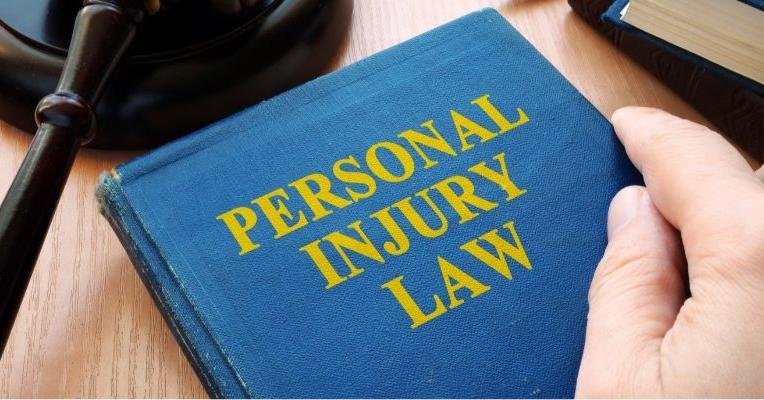You might come across many confusing new phrases if you or someone you know has suffered an unfair injury or harm. Hence, we will define a few of the terminology frequently used following an injury in this writing.
Visit the Las Vegas Ace Law Group offices if you want to learn more today or discuss this matter further.
- Personal injury
Any physical harm is done to a person physically. The harmed party files personal injury claims against the responsible party.
- Claim
A claim is a formal legal request filed by a victim of a crime demanding damages for their losses or injuries.
- Claim adjuster
The claim adjuster is a chosen agent of the at-fault party’s insurance provider. The adjuster’s job is to look into the personal injury claim, including approving medical costs.
- Plaintiff
The person or entity that files the personal injury lawsuit or brings the legal action. In personal injury proceedings, the injured party is the plaintiff.
- Defendant
The person/party getting sued.
- Liability
The accountability for deeds that caused hurt or injury to the plaintiff.
- Premises liability
Compensation due to a person hurt while on someone else’s property is required by law.
- Product liability
Product liability is the legal accountability of a vendor or producer for creating or offering a faulty product.
- Compensation
Compensation is something that compensates for a deficit. In most personal injury lawsuits, damages, injuries, or other loss-related losses are covered by financial awards.
- Damages
Damages are meant to offer monetary compensation for damages. Three different categories of harm exist:
- Economic damages
- Non-economic damages
- Punitive damages.
- Comparative negligence
Refers to comparing a plaintiff’s and a defendant’s contributions to the accident. It enables a negligent plaintiff to receive some compensation even if they contributed in part to the accident’s cause.
- Gross negligence
It is the willful disregard for another person’s health or property to avoid upholding a duty standard.
- Settlement
The agreement between a plaintiff and defendant regarding how much money will be paid as compensation.
- Statute of limitations
State law governs the window of opportunity for a plaintiff to launch a lawsuit.
- Medical malpractice
A legal claim arises when a medical or healthcare provider hurts a patient due to negligence or departure from ethical norms.
- Duty
The duty is to exercise a particular level of care. The injured person is entitled to compensation if this obligation is breached because it is deemed negligent.






